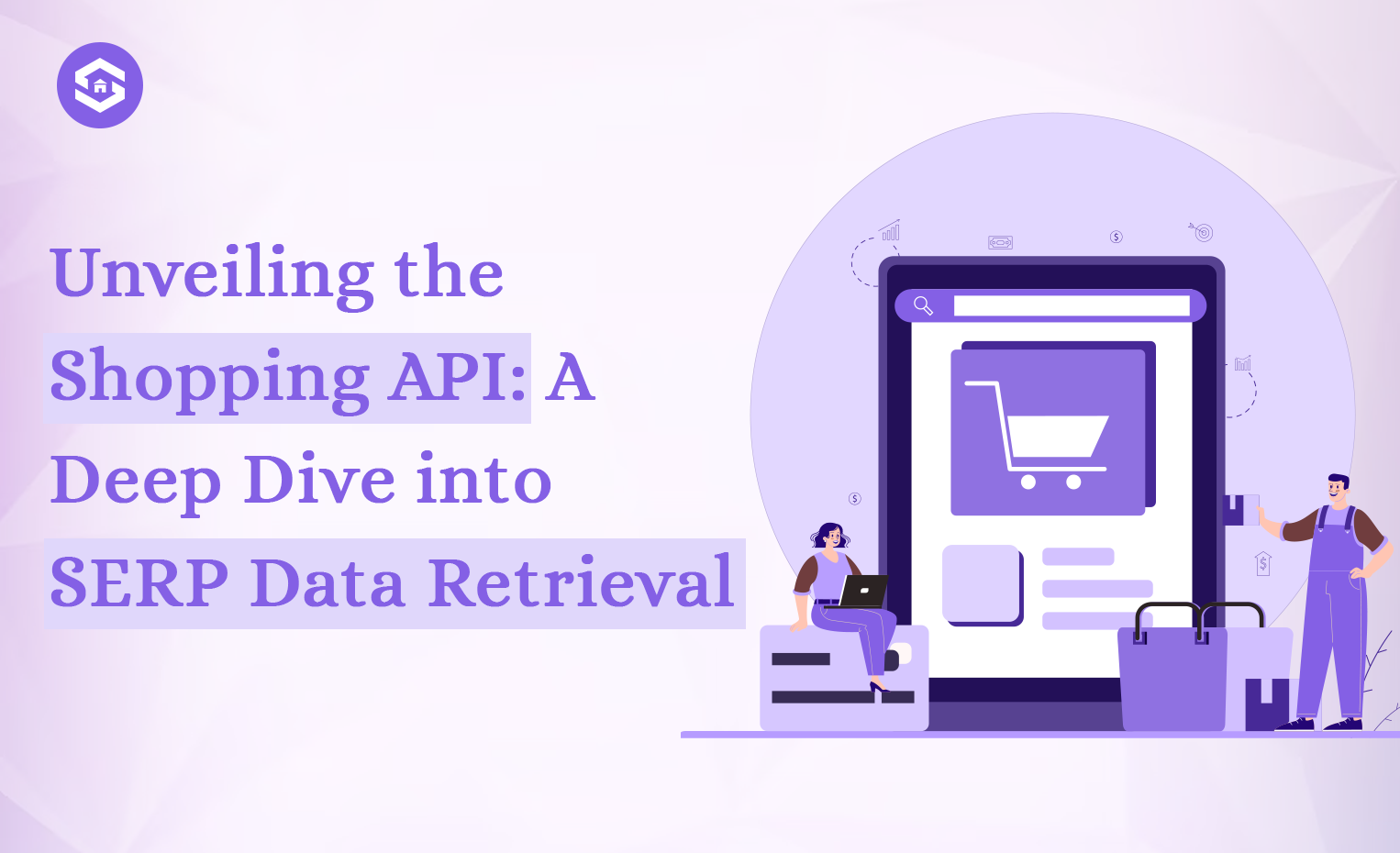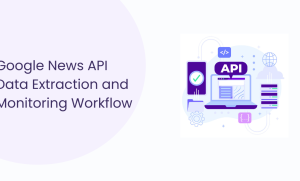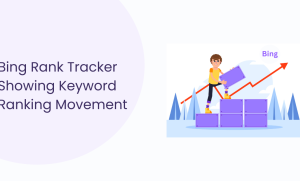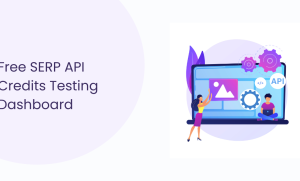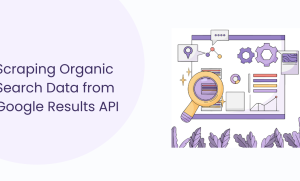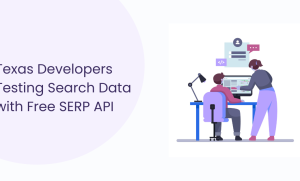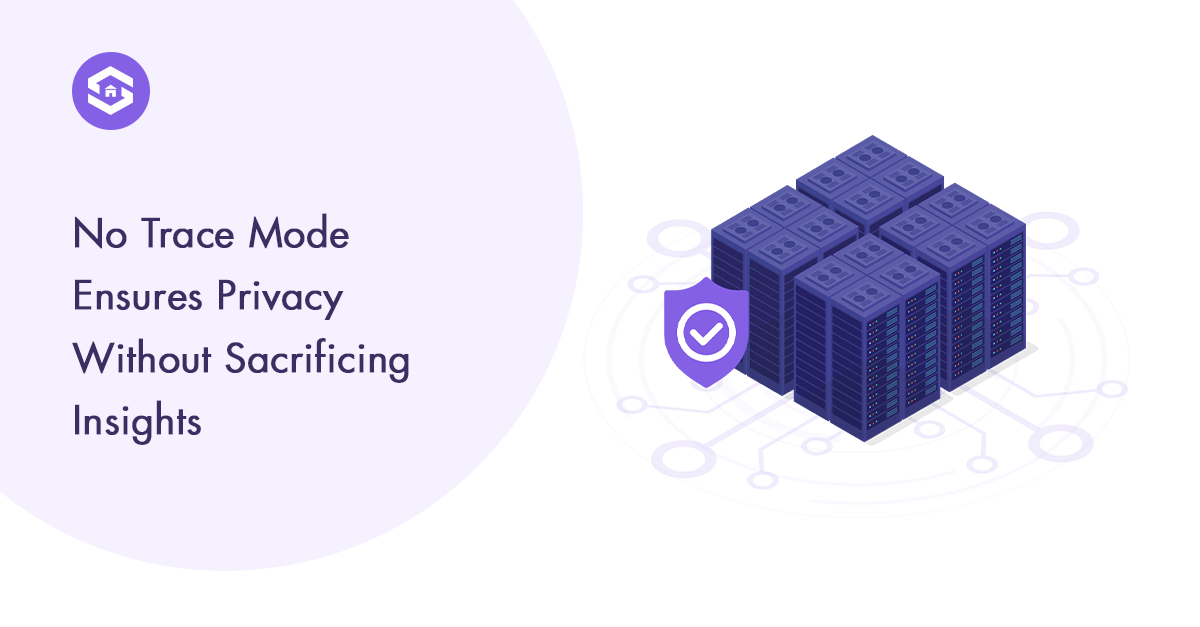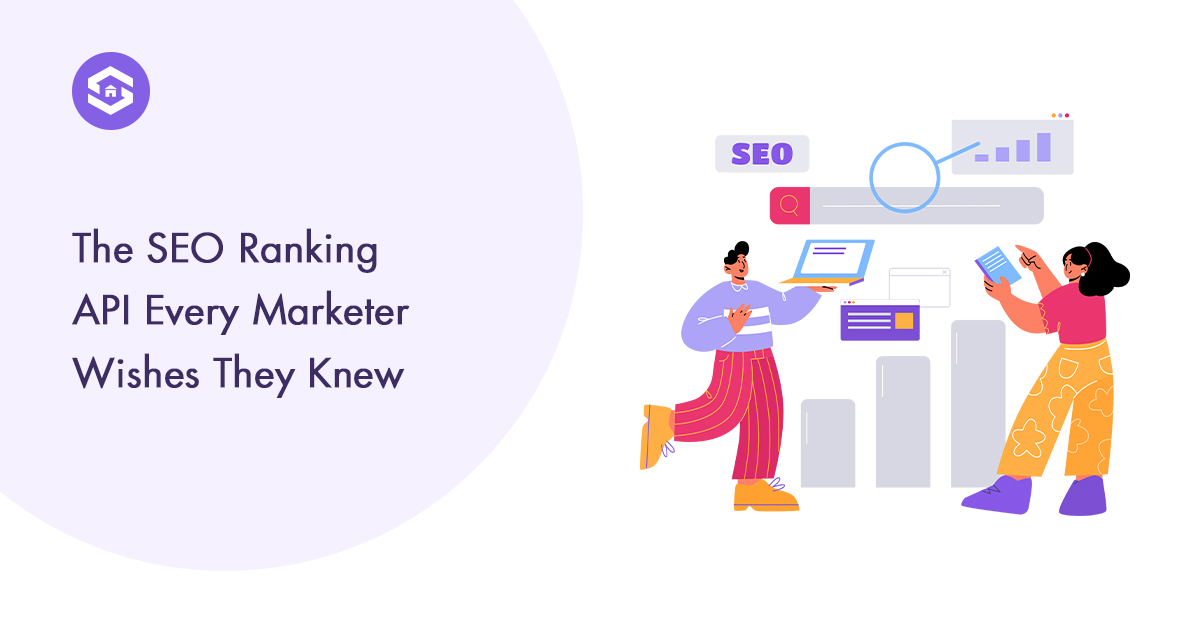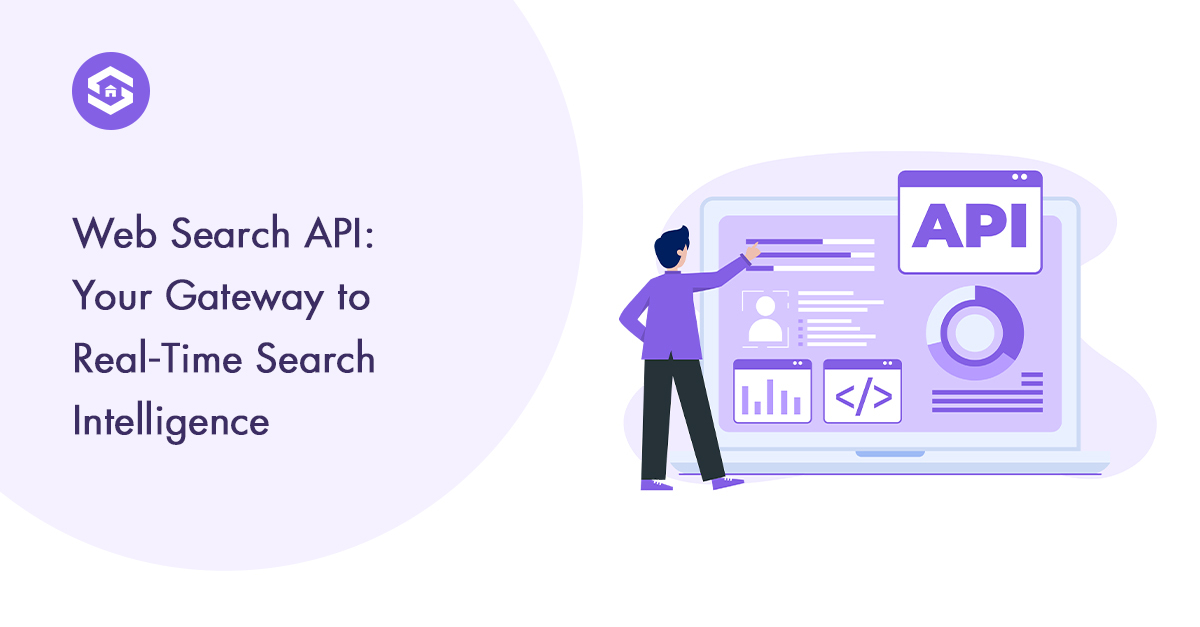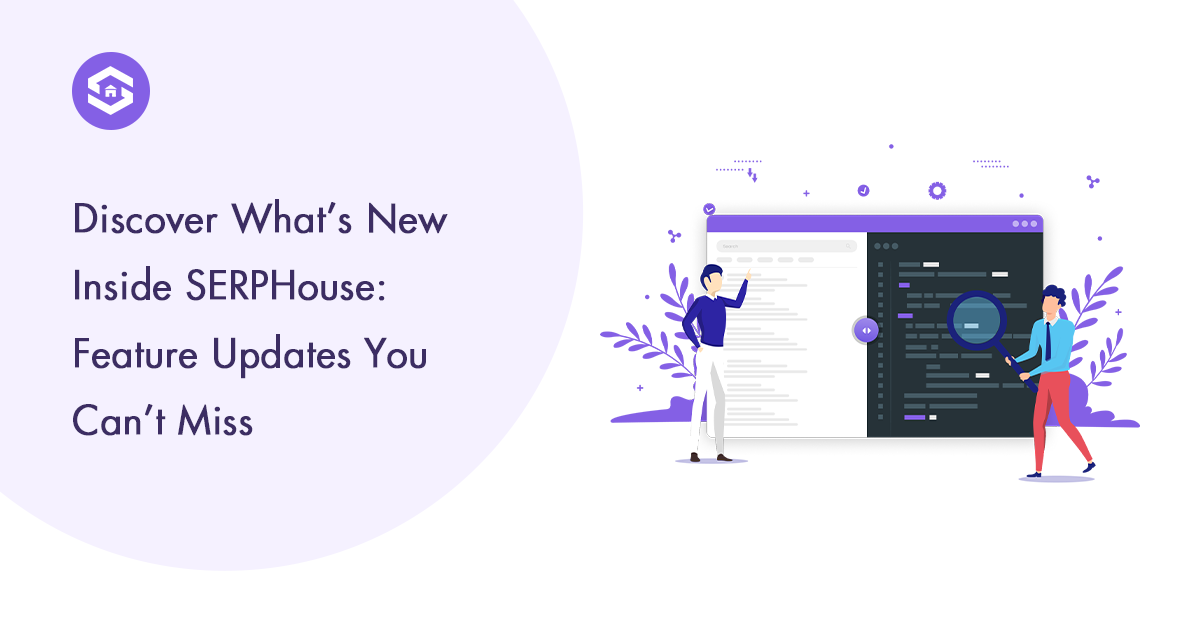Table of Contents
Table of Contents
Shopping in the digital era has transcended the boundaries of traditional brick-and-mortar stores. As the online marketplace continues to expand, businesses and developers harness the power of Shopping APIs to stay ahead in the game.
This blog will crack the complexities of an excellent Shopping API focusing exclusively on Search Engine Results Page (SERP) data retrieval. Fasten your seatbelts as we embark on a journey to explore the depths of this fascinating technology.
The Shopping API Unveiled
What is a Shopping API?

API, or Application Programming Interface, acts as a bridge between different software applications, enabling them to communicate and share data seamlessly.
The Shopping API, in particular, is a specialized interface designed to retrieve SERP data related to shopping queries.
Unlike generic search APIs, this one focuses on delivering precise information about products, prices, and reviews from various online retailers.
How Does It Work?
Imagine accessing real-time data from major search engines, empowering businesses to stay competitive and consumers to make informed decisions.
The Shopping API achieves this by sending requests to search engines and parsing the results to extract relevant information.
It provides a window into the vast world of online shopping, delivering a wealth of data at your fingertips.
Key Features
Real-Time Updates:
Stay ahead with up-to-the-minute information on product availability, prices, and reviews.
Customizable Queries:
Tailor your searches to specific product categories, brands, or geographic locations to get the most relevant results.
Multi-Platform Compatibility:
Whether you’re developing a websits or apps, the Shopping API seamlessly integrates with various technologies.
Unleashing the Power of SERP Data
Why SERP Data Matters?
In the digital age, information is power. Understanding how their products rank on search engine results pages is invaluable for businesses.
The Shopping API provides a gateway to this treasure trove of data, offering insights into consumer preferences, market trends, and the competitive landscape.
Major Search Engines in the Spotlight

Google: The behemoth of search engines, Google dominates the online landscape. Uncover the secrets of Google’s SERPs to enhance your visibility and optimize your product listings.
Bing: Microsoft’s Bing is a formidable player in the search engine arena. Tap into Bing’s SERP data to broaden your reach and appeal to a diverse audience.
Yahoo: Though often overshadowed by competitors, Yahoo still commands a significant user base. Unlock the potential of Yahoo’s SERPs to reach untapped markets and gain a competitive edge.
Navigating the Competitive Landscape
Enhancing SEO Strategies
The Shopping API isn’t just for developers; it’s also a powerful tool for SEO specialists.
By dissecting SERP data, businesses can refine their SEO strategies, identify high-performing keywords, and optimize product listings to climb the search engine ranks.
Price Monitoring and Competitor Analysis
For businesses in the e-commerce realm, pricing is a critical factor. The Shopping API facilitates real-time price monitoring, allowing companies to adjust their pricing strategies dynamically.
Moreover, companies can gain a strategic advantage by analyzing competitor data from SERPs, ensuring their offerings stand out in a crowded market.
Developer’s Playground: Integration and Implementation
Seamless Integration
Integrating the Shopping API into your applications is a breeze. With comprehensive documentation and developer-friendly features, the API offers a seamless experience incorporating SERP data into websites, apps, and other digital platforms.
Code snippets for a Quick Start
Tips for Effective Implementation
Optimize Query Parameters: Fine-tune your queries to extract the data you need. Experiment with filters and parameters to tailor results to your application’s requirements.
Handle Rate Limits: Be mindful of API rate limits to ensure a smooth and uninterrupted data flow. Implement strategies such as caching to optimize performance.
Stay Updated: APIs evolve, and so should your integration. Stay abreast of updates, new features, and best practices to maximize the potential of the Shopping API.
The Future of Shopping APIs
Shopping APIs’ role in shaping the e-commerce landscape is set to expand as technology advances.
Imagine a future where virtual assistants leverage SERP data to provide users with personalized shopping recommendations or AI algorithms to predict market trends based on real-time data feeds.
Conclusion:
The Shopping API is not just a tool; it’s a gateway to a world of possibilities.
Whether you’re a developer aiming to enhance user experiences or a business looking to stay competitive, leveraging SERP data through this specialized API is a game-changer.
Embrace the power of information, and let the Shopping API redefine the way you navigate the dynamic realm of online shopping. Happy coding!

